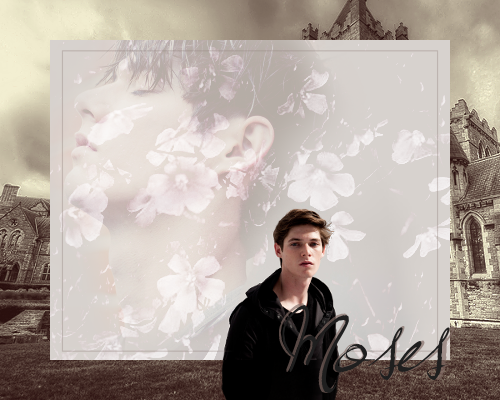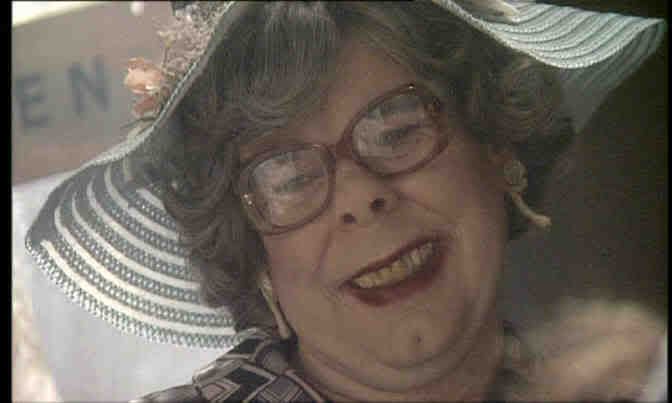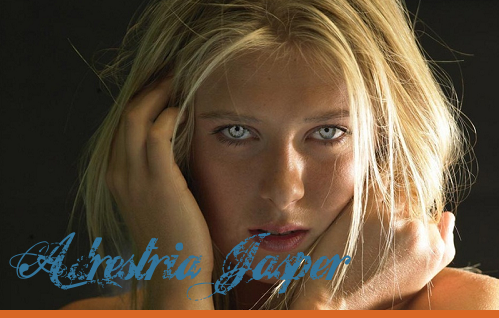wicked heart :: skittlekat
Sept 29, 2013 6:35:09 GMT -5
Post by Onyx on Sept 29, 2013 6:35:09 GMT -5

The story of Theseus and the Minotaur is, for all its lack of morals or foundations, one of my favourites. It was one I read most straight after the accident, when its story was particularly significant. A young child, helpless due to the fault of an adult, offered up for physical sacrifice without salvation. My therapist frequently uses it as a form of practice, because of my feelings associated with it and so my positivity towards it. Besides, mi-no-taur and a-ri-ad-ne are both easy words for me to pronounce. However, the story has never had more meaning than it does now, after the news.
That’s all my family has called it since it was announced, on the huge projection screen in the District Square. Like the rest of our neighbourhood, we gathered around in silence and listened – “The Gamemaking Committee for the 65th Hunger Games presents…” It doesn’t affect us directly, but now I can hardly go anywhere without seeing some indication of the damage it has caused. At school, siblings cling onto each other for that almost unnoticeable extra moment as they say goodbye for the day. Detention seems to be reserved for older kids now, when usually the regular junior troublemakers are in there, as if the teachers have softened towards them. My mother works late in her medical clinic, checking the health of hundreds of young teenagers, urged to be looked at by desperate parents who know, with a cold and certain fear, that no amount of training up to this moment could prepare any thirteen year old for the Arena.
It’s the Training Centre itself which is the worst, though. I find myself wandering back there frequently, witnessing its goings-on with a mixture of anger and dread. All the serious parts of the Centre have been closed off – the high platforms and concrete floors, the terrain practices and heavy-weapon rooms, all shut with huge bolts and passcodes. Instead, all the Trainers have been rechanneled to the larger, padded rooms, with their lightweight weapons and thicker armour – to train the children who’re going to need it most. Row upon row of twelve, thirteen and fourteen year olds fight hand to hand or with a weapon against each other and their instructors. Many are bleeding. Many are crying. Many are sitting at the sides, having already given up. And yet, because of its emotional gravity, the scene has an obscure physical gravity for us older kids. We stand in the audience box, where supervisors or parents would usually watch, leaning close to the thick glass to get a better look at our potential victors. It’s truly horrific, but a lot of us can’t resist.
In order to stop the king of Minos from attacking his city, the king of Athens promised to send up an offering once a year of fourteen children – seven boys and seven girls – to be eaten by a horrific monster – half man, half bull and ten feet tall – who lived at the centre of a huge maze, and was beloved by the king. The maze part of the story seems to be irrelevant, but the sacrifice of innocent children fits so perfectly, that it makes me shudder. Today, like every other day, I’m standing, clutching the big book of myths to my chest, and staring blankly down at the training children. Pressed around me are the tens of other onlookers, straining to see what they already know is there. I glance around quickly, but no one looks back. They’re all too fixated on the spectacle below.
Suddenly, I feel too cramped, too close to all these other people. The boy behind me is breathing noisily, and there’s an evident tremble in my neighbour’s arm. I turn and try to leave, the book still clutched tightly to me, shielding my chest. One step after the other, I make my way forwards through the masses, and try to keep myself calm. One or two of the spectators grunt or complain, but I know they’re grateful for the opportunity to move a step closer to the edge. With my head down and my eyes looking only at the floor directly ahead of my shuffling feet, I continue to push forwards until finally the crowd is behind me. Quickly, I step through the doorway, and sit on the bench outside. A large clock overhead reads that it’s eighteen minutes to six, and it will be sundown shortly. I can afford to stop here for a little, to regain my composure, but soon I must make my way home. Else I might be caught up in the crowds of young kids – too young – leaving the Centre behind me.
Shaking the thought off, I breathe out through my teeth and turn my attention to the book in my lap. As I swallow, my tongue spasms uselessly in my mouth and I cough. Much to my displeasure, it attracts the attention of someone across the room. I hastily pretend to be absorbed in the random story I’ve opened the book to, and don’t look up as they sit down next to me. However, in my peripheral vision I’m aware of their interest, and know they won’t be leaving in a hurry.




















































 ((((
((((









